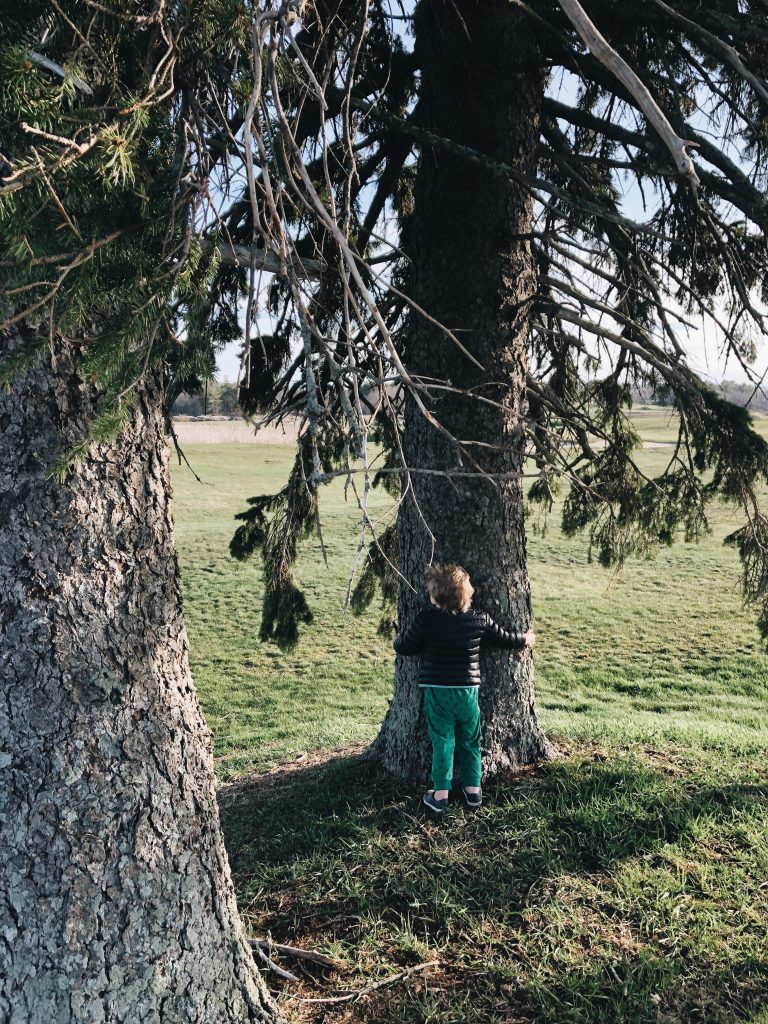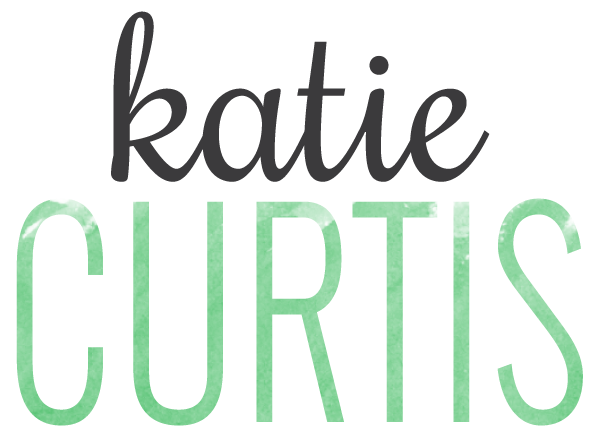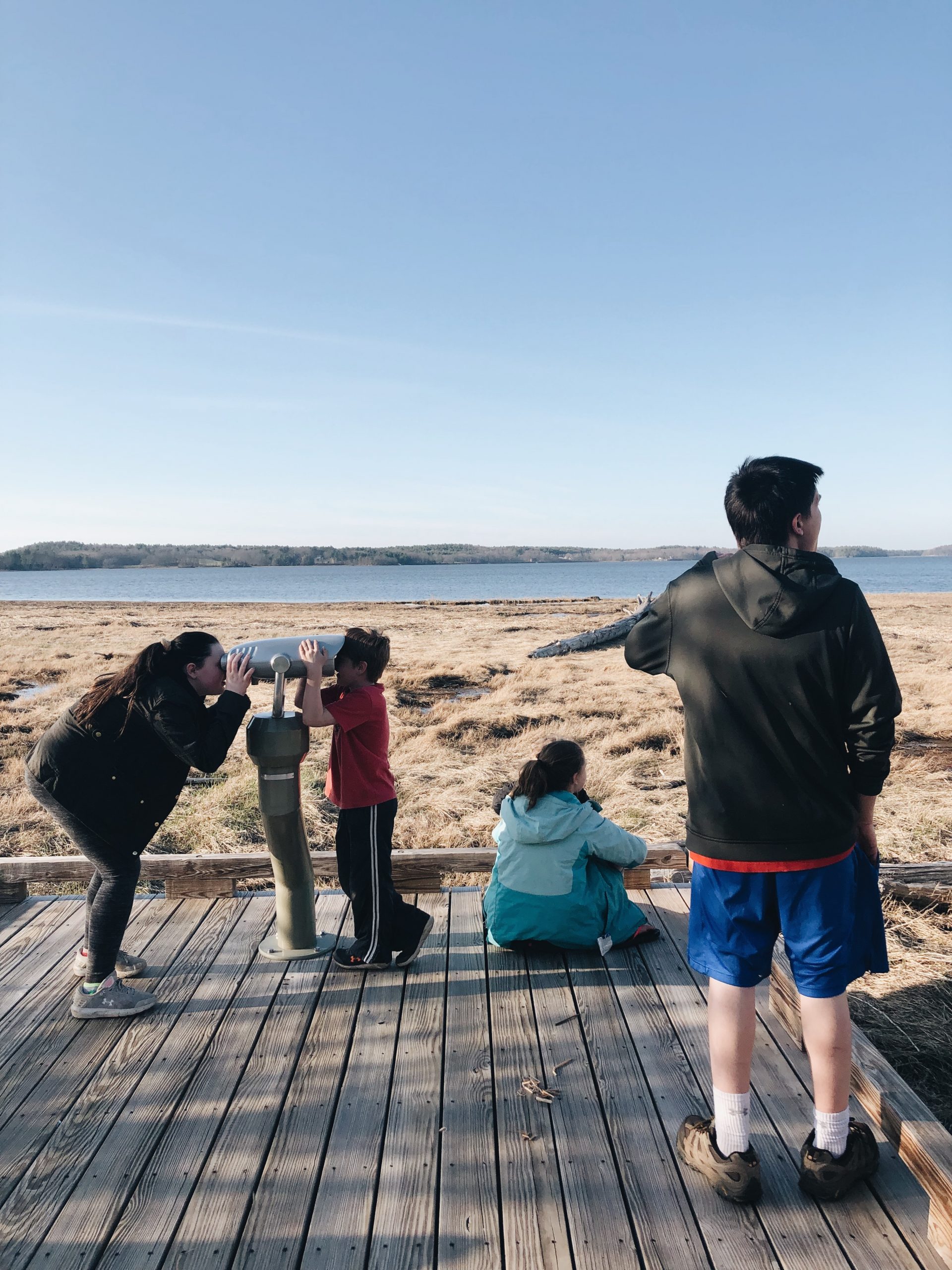The Grief & Gifts of a Pandemic
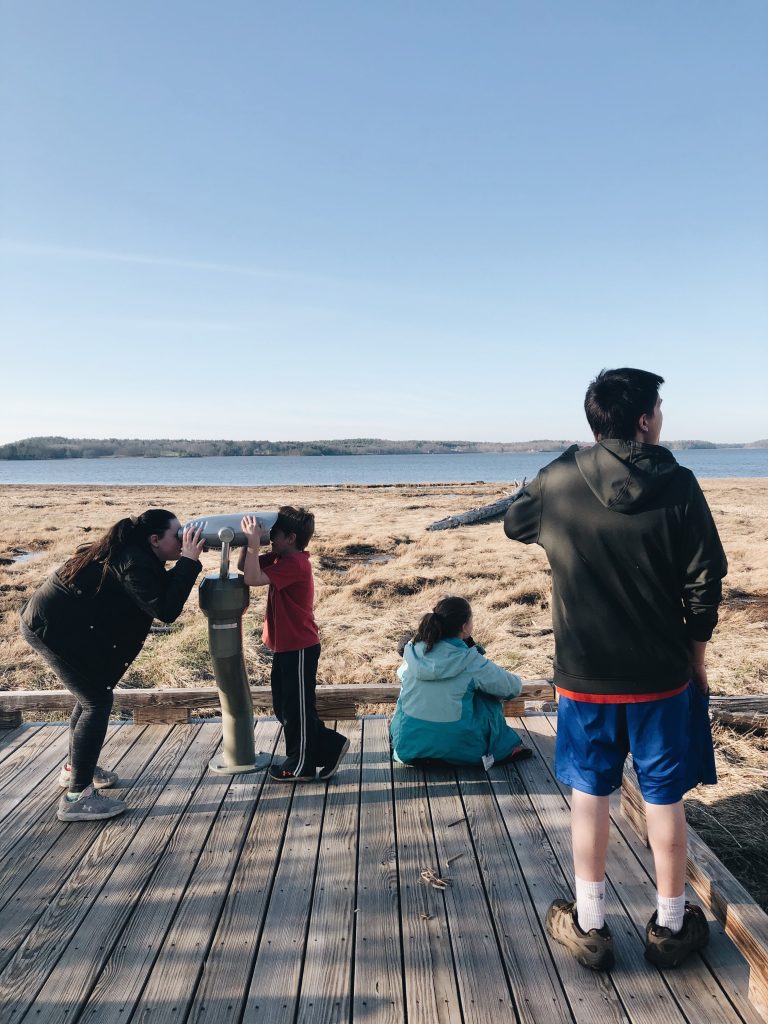
For many people, this pandemic is loud and fast and devastating. They are working hard to save lives, or they are losing husbands or mothers overnight and facing the pain of their dying alone. Parents are being asked to do three jobs in the time it takes to do one, and financial catastrophe is deepening the worry lines of millions.
For most of us, the strain of being quarantined are taking its toll in quieter, but still grievous, ways. Having our lives put on hold, separated from friends and loved ones, with major milestones cancelled, the pandemic feels slow and empty and as monotonous as a hamster wheel. Businesses are closing. One of the magazines I wrote for regularly folded. Children in homes with abuse or neglect might be the biggest victims of this time, with wounds suffered in silence that can last a lifetime.
For Catholics, it seems that we are more equipped to deal with the suffering that goes along with this pandemic. We know how to be patient, to sacrifice, and to will the good of the other, whether it is a bored toddler or an elderly neighbor down the street. But on the other hand, we are all discovering the new longing of living without the presence of the Eucharist. To our modern minds this is unfathomable, though the lives of the saints are filled with examples of the Eucharist being less available due to traveling priests, sickness, or war. We are awakened to our hunger for it, and perhaps realizing how much it means to us, to not take for granted gathering at Mass or receiving the sacraments, will be a gift that keeps on giving long after the Church doors have reopened.
In between the hard moments and bored moments and moments where we’re actually ok, when we’re reflecting on everything that has happened in the last few months, or scouring the corners of our day to find what brings us joy, there is a unique opportunity. These are new experiences, and they give rise to new insights. They let us see what good things our lives have had all along, and what disordered things are there that don’t belong. With the smoke of everyday business cleared we can ask, what are my deepest longings? What do I value most? The chance to shed so much of the dead weight we all carried around is a gift unlike any other we’ve received.
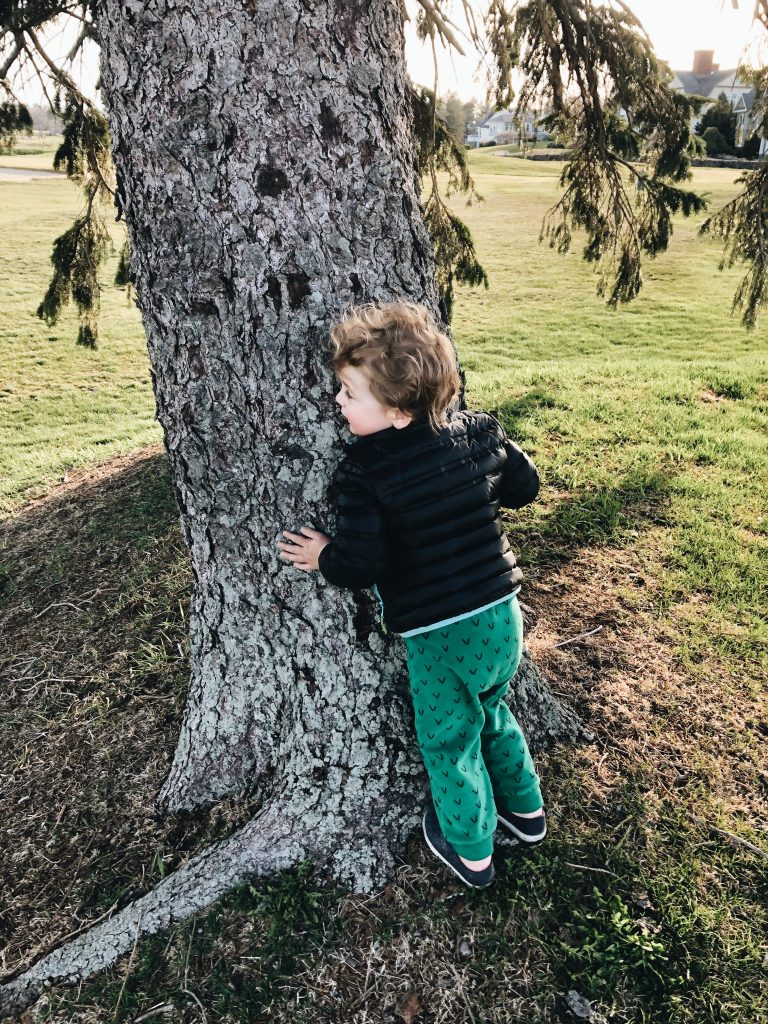
In a recent Washington Post article and subsequent NPR interview about it, the writer Sarah Menedick shared how for those who suffer from anxiety, a pandemic actually helps to lessen theirs. All of a sudden, she says, “it was like my priorities shifted. And it was, well, thank God that I’m healthy. And thank God I’m here with my family. And who cares about sunscreen, you know?”
She adds, “I think a lot of anxiety is about not being able to accept any uncertainty at all and having to sort of try and control everything all the time. And I think in a situation of real fear, like the one that we’re living in now, where, you know, we know people who have passed away from this illness, all of a sudden, my anxiety just seems like it doesn’t matter, you know? Like, it’s completely futile.”
The gift this pandemic has given us is a new way to look at our life, to go back to the drawing board with more perspective. To look at what was working and what wasn’t, and to value what life is made up of: time. We have loads more of it for some things, like our family, slow living, cooking, playing with our kids, chatting with our friends. And so much less of it for striving, getting ahead, competing, defining our ego by doing things.
It seems in some ways that Americans are being forced to try out the European way of life. We’ve had to give up some of the hallmarks of our culture – working overtime, traffic, mega-prioritization of sports, overly scheduled days, meals on the run – and trade them for a way of life that offers leisurely cooking a meal, family time, plenty of sleep, creativity, having a drink with friends even if it is with six feet or a screen between us. For some of us this experiment is a welcome change, and slower living suits us. My friends who take walks together keep whispering, how will we ever go back? For my New Englander hard working husband, going back can’t come soon enough.
For myself, the slowdown of my kids’ activities has allowed me to commit every nap time to writing. Pushing through a second novel is reminding me that some of my best, happiest days were quietly writing my first. This is my biggest gift of this time: I need to write. It is my best version of self care and I am better for it. And more than ever, the value of artistic escape can be seen with every movie, show podcast and novel we lose ourselves in. If we needed an argument for the value of art, this pandemic is a good one.
Now that quarantine has become a new way of life and not just a temporary phase, we have weird schedules and a new way of carrying out our responsibilities. Old pockets of time we had to ourselves – commutes and work outs and quiet houses – are gone. Introverts and extraverts are both finding challenges and new ways to meet their needs and hopefully offering grace to each other in our differences. While I know my kids are missing their friends so much, the complete pause on all external stimuli mean they are being forced to find simple ways to be happy, to look out at the mid space as Anna Quindlin says, and see what makes them tick. My hope is that this discovery lasts long after we’ve returned to normal. Still, their spirits are definitely constrained now that we have entered the long haul, and I can’t wait for them to reconnect with the smiling faces that used to pepper their days.
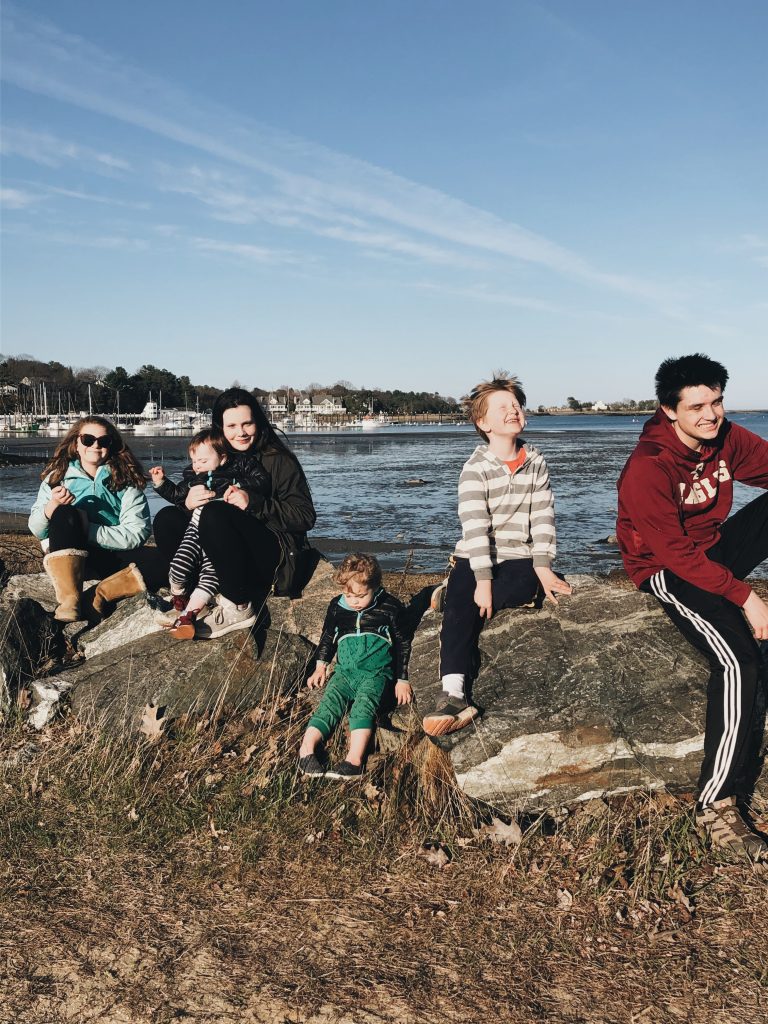
It’s frustrating how much of the grief we’ve experienced is augmented by the media. They didn’t cause the virus, but the helped cause the pandemic. They intentionally tell stories to cause fear, alarm, panic, because those emotions make people pay attention, and I am growing weary of these intentions. Two side by side headlines this morning revealed the schizophrenia: one had the POV of a coroner, seeing people carelessly going for hamburgers and haircuts as his next body in a bag, and the next headline held that lower income populations might starve if we don’t open up the economy. Both meant to stoke fear. Free press is important, but we have a press that everyone I know actively tries to steer clear of, and I wonder when they will realize that peddling fear is a pyrrhic victory.
There is a good chance that we return to our normal way of life and the old habits will resume – overtime, traffic, stress. Some might return to their old anxiety. But there is still the hope that we might try to stay connected to what we learned when life slowed down for a minute. When we finally had more time with our family, get to know our kids, and pursue passions and health. And we will remember what we did with our time: learning, creating art, planting a garden, trying to connect, trying to stay strong, trying to love. Despite the fear, we’re made in his image, and this pandemic is a still life portrait of what it means to be human. His goodness hasn’t changed, even if everything else has.
